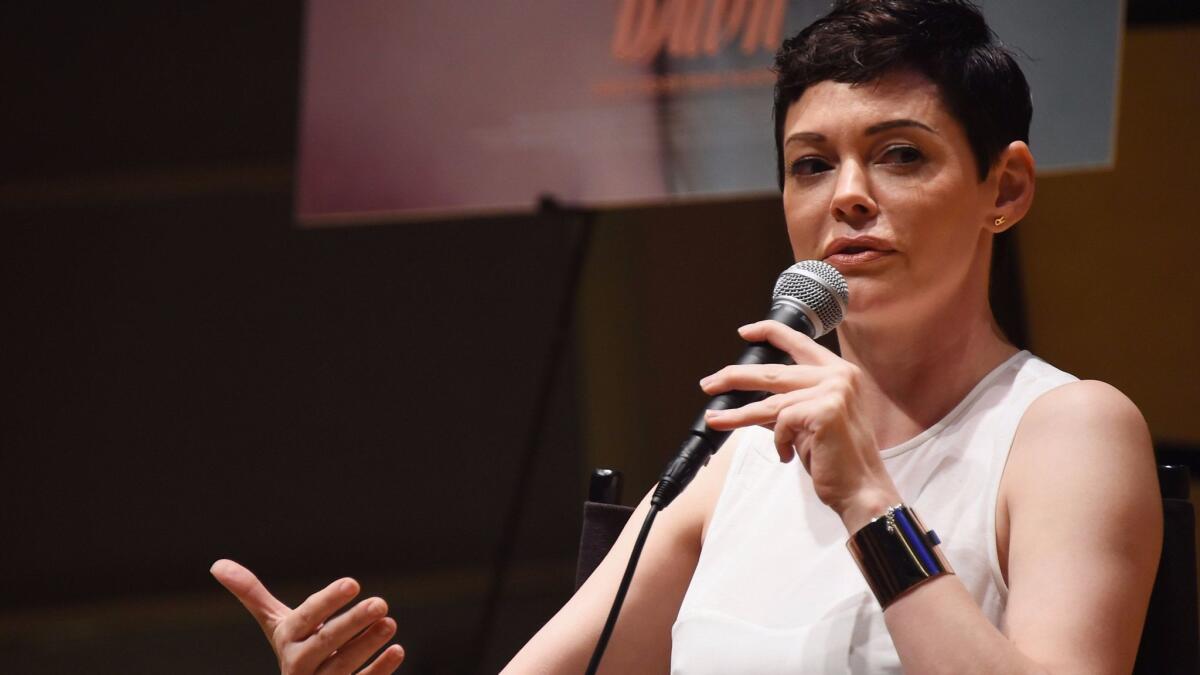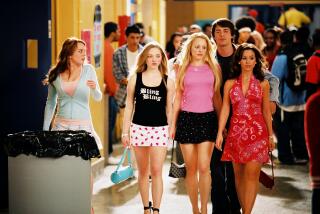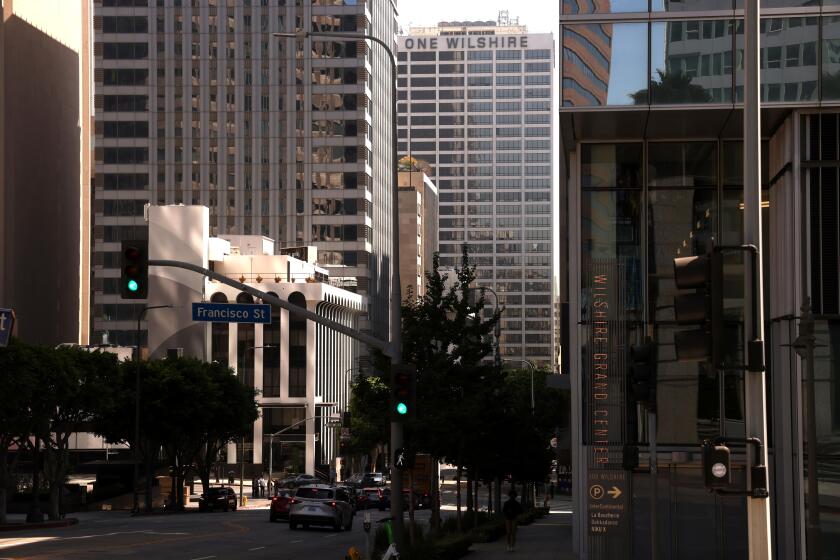#WomenBoycottTwitter to show support for those harassed on the social media platform

Twitter Inc. gave the world the hashtag. Now the social media company is witnessing the power of the pound sign firsthand.
A 24-hour boycott of Twitter by women Friday served as a protest against the silencing of women’s voices and a show of support for women who have been harassed on the social media platform, organizers and prominent participants said.
The hashtag #WomenBoycottTwitter — created in response to the temporary suspension of actress Rose McGowan’s Twitter account Thursday — was mentioned about 240,000 times since Wednesday, according to real-time hashtag tracker Keyhole.
McGowan, best known for her role on the TV series “Charmed,” was suspended temporarily from Twitter amid a string of tweets about sexual assault in the wake of the Harvey Weinstein scandal. McGowan is one of several Hollywood actresses who have said they were victimized by Weinstein.
Twitter says it temporarily suspended McGowan’s account because she tweeted a private phone number — a violation of the company’s terms of service. Hours later, her account was restored.
Celebrities such as Chrissy Teigen, Anna Paquin and Kathy Griffin have tweeted their support for the boycott.
But several, including director Ava DuVernay, have noted that the same groundswell of support did not materialize when women of color faced abuse on the platform. Twitter users questioned why a boycott was not mentioned when actress and comedian Leslie Jones received a barrage of racist and sexist tweets after the reboot of the “Ghostbusters” movie, which starred all female leads.
Twitter has long been the social media platform from which online boycotts and protests are launched, including the #DeleteUber campaign that reportedly resulted in more than 200,000 users fleeing the ride-hailing service. Twitter now becomes the target of a boycott at a time of mounting criticism about the company’s enforcement of its own rules.
For years, Twitter prided itself on allowing free speech on its platform. But the company’s laissez faire approach also has been criticized for allowing harassment to propagate.
Though Twitter has unveiled new features over the years, including a recent test of expanded 280-character tweets, the new options have done little to rid the platform of harassment.
“What they’ve done is they’ve innovated in other ways that really don’t address the major issue that has crippled Twitter and its engagement,” said Robert Hernandez, digital journalism professor at USC.
“To have a platform that can have engaging dialogue and really allow voices to be heard … they’ve got to deal with the trolls, the fake accounts, the bullies, the racism, the sexism, the homophobia, the threats,” he said.
Twitter co-founder and Chief Executive Jack Dorsey has said the firm would mitigate that problem with increased moderation, but the company has come under fire for its seemingly uneven application of enforcement. That has led to apologies and backtracking from Twitter on its decisions.
A Twitter representative said in a statement Friday that the company was “proud to empower and support the voices on our platform, especially those that speak truth to power.”
“We stand with the brave women and men who use Twitter to share their stories, and will work hard every day to improve our processes to protect those voices,” Twitter said in the statement.
While Twitter might see a downtick in usage Friday, there likely will be no larger effects on the company because the boycott is only for one day, said Kelli Matthews, senior instructor of public relations at the University of Oregon.
But if the company can’t quell its frustrated users, the backlash could continue, Matthews said.
“Twitter’s really struggling with how to maintain a civil place for people to have conversations and build community,” Matthews said. “If it doesn’t figure that out, I don’t think this will be the last time.”
Twitter: @smasunaga
UPDATES:
12:50 p.m.: This article was updated with comment from USC digital journalism professor Robert Hernandez and Kelli Matthews, University of Oregon senior instructor of public relations.
8:45 a.m.: This article was updated with more information about past controversies involving Twitter’s enforcement.
7:55 a.m.: This article was updated with comment from Twitter and more details about the boycott.
This article was originally published at 7:05 a.m.
More to Read
Inside the business of entertainment
The Wide Shot brings you news, analysis and insights on everything from streaming wars to production — and what it all means for the future.
You may occasionally receive promotional content from the Los Angeles Times.











